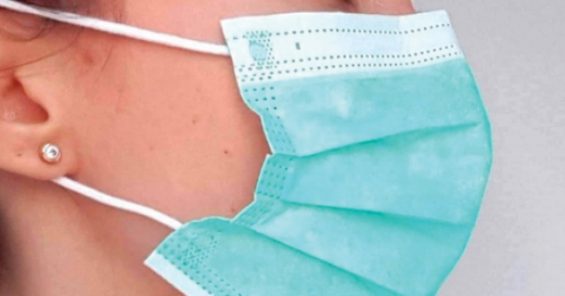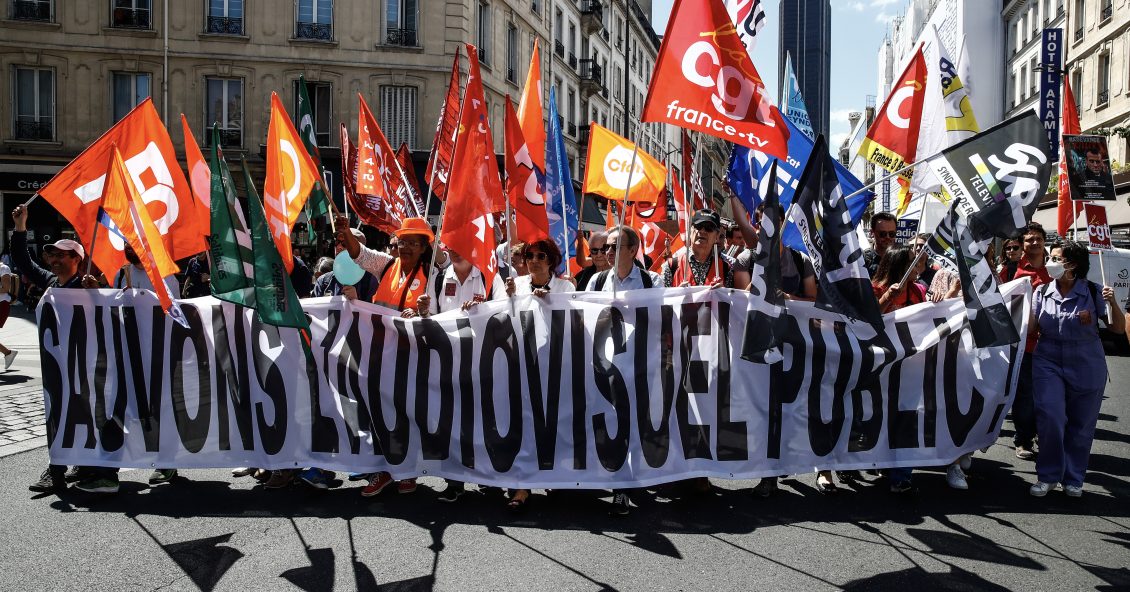As millions of caregivers face difficulties to protect themselves and the elderly from COVID-19 due to a mass shortage of protective equipment (PPEs) in the sector, UNI Global Union requested today that the World Health Organization (WHO) update its Technical Interim Guidelines to make clear that home care workers should be included as health workers for purposes of PPEs.
“These workers provide care for a population which is vulnerable to the virus (the elderly, chronically ill and disabled) but are not often given a status as essential healthcare workers,” said General Secretary of UNI Hoffman in the letter. “They are also now supporting clients who are discharged from the hospital to free up space for urgent COVID-19 cases. Not only are these workers at risk of contracting the disease, since people can be contagious without symptoms and symptoms may be confused with other illness, without proper protections they may become the vectors of transmission to others.”
In the letter, submitted to the Director General of WHO Doctor Tedros Adhanom Ghebreyesus, Hoffman made the following suggestions to update or develop new guidelines specifically for home care workers:
Mandatory and sufficient Personal Protective Equipment for home care workers
Home care workers must be provided with masks, gowns and gloves, as well as, disinfectants, sterile equipment, and other PPEs for all of their client visits.
Training for home care workers on COVID-19 and regular information
Few home care workers have had formal training in infectious disease prevention. COVID-19 related training is essential to keep them and the community safe. Information should also be constantly updated as we learn and understand more about the transmission of COVID-19.
Priority testing for home care workers
Home care workers must know whether they are contagious.
Protocols to protect home care workers
Protocols must be developed so that home care workers can conduct an appropriate risk assessment to prevent transmission. They should be aware of any suspected or confirmed cases of COVID-19 in the home and alerted to any exposure to an infected person.
“Care workers worldwide share these concerns and, alongside other frontline health workforces, are calling for PPE to be made available to them,” said Kirsty McCully from New Zelands´s E Tu. “We’ve heard that thre isn’t a supply issue here in New Zealand, but support workers currently struggle to access it, and the current advice to support workers is that they do not need it unless they are dealing with someone with a confirmed COVID-19 diagnosis.”
“In the health sector alone, thousands of PSA members are on the front line right now, battling to keep New Zealand safe. Whether they are in DHBs, mental health, disability or home support, they all need reliable access to PPE ,” said Kerry Davies, National Secretary of the PSA. “Our members are not concerned just for themselves. They are desperate to avoid infecting their clients or other people in the community. The whole reason they are still at work is to keep people safe, so we need to guarantee them the tools to make that happen.”


